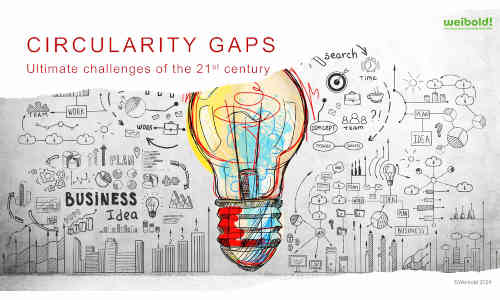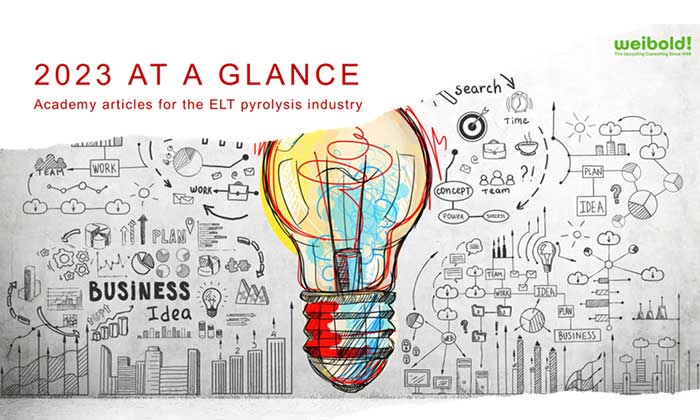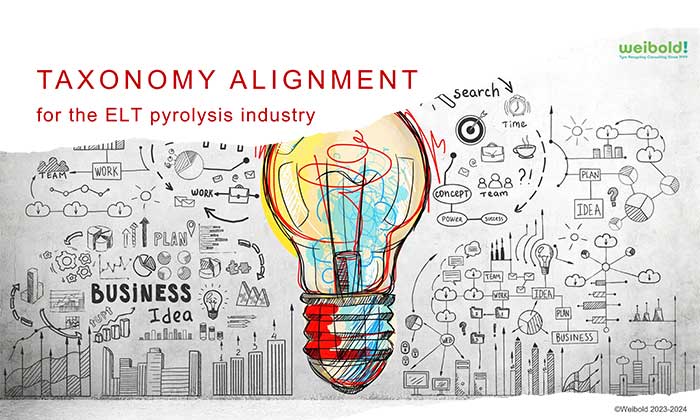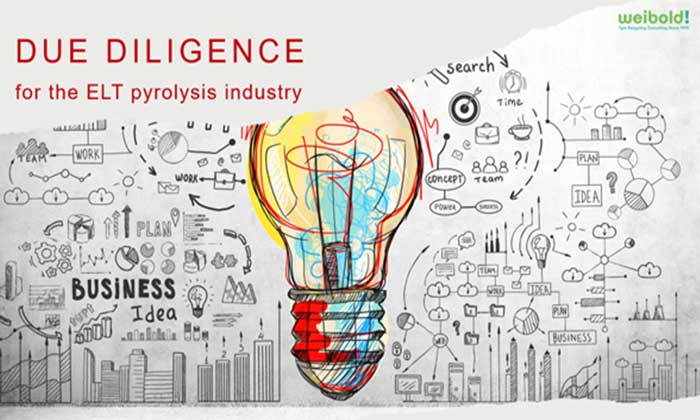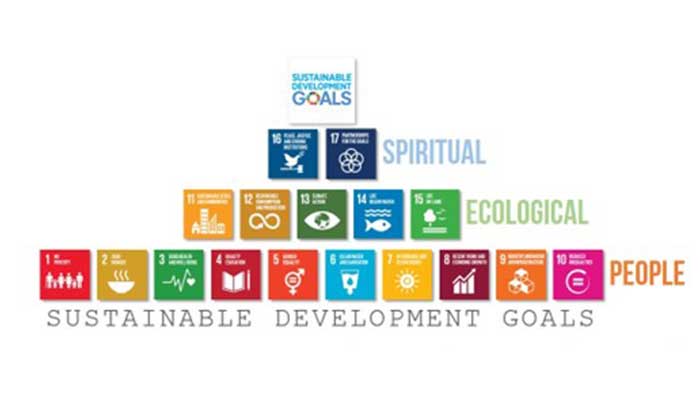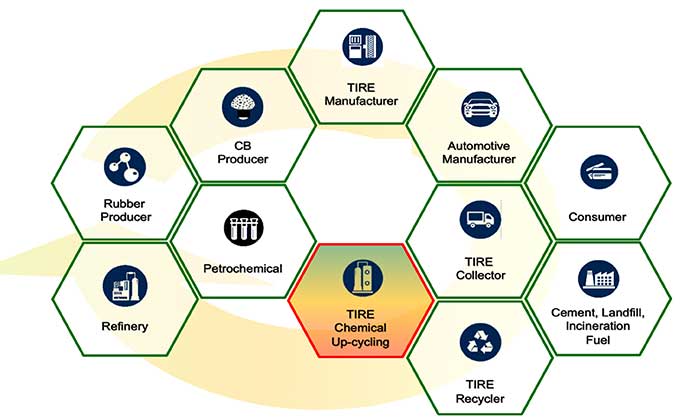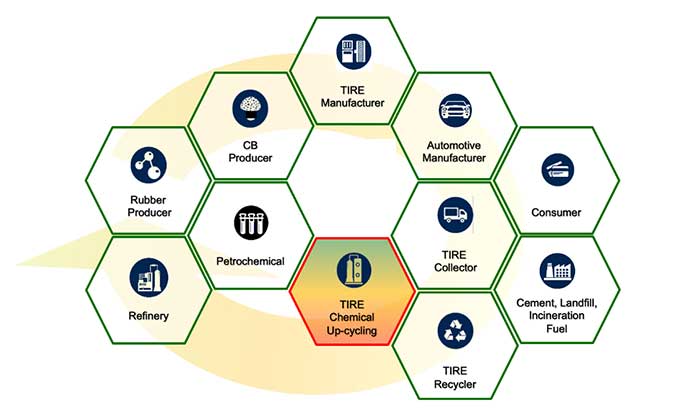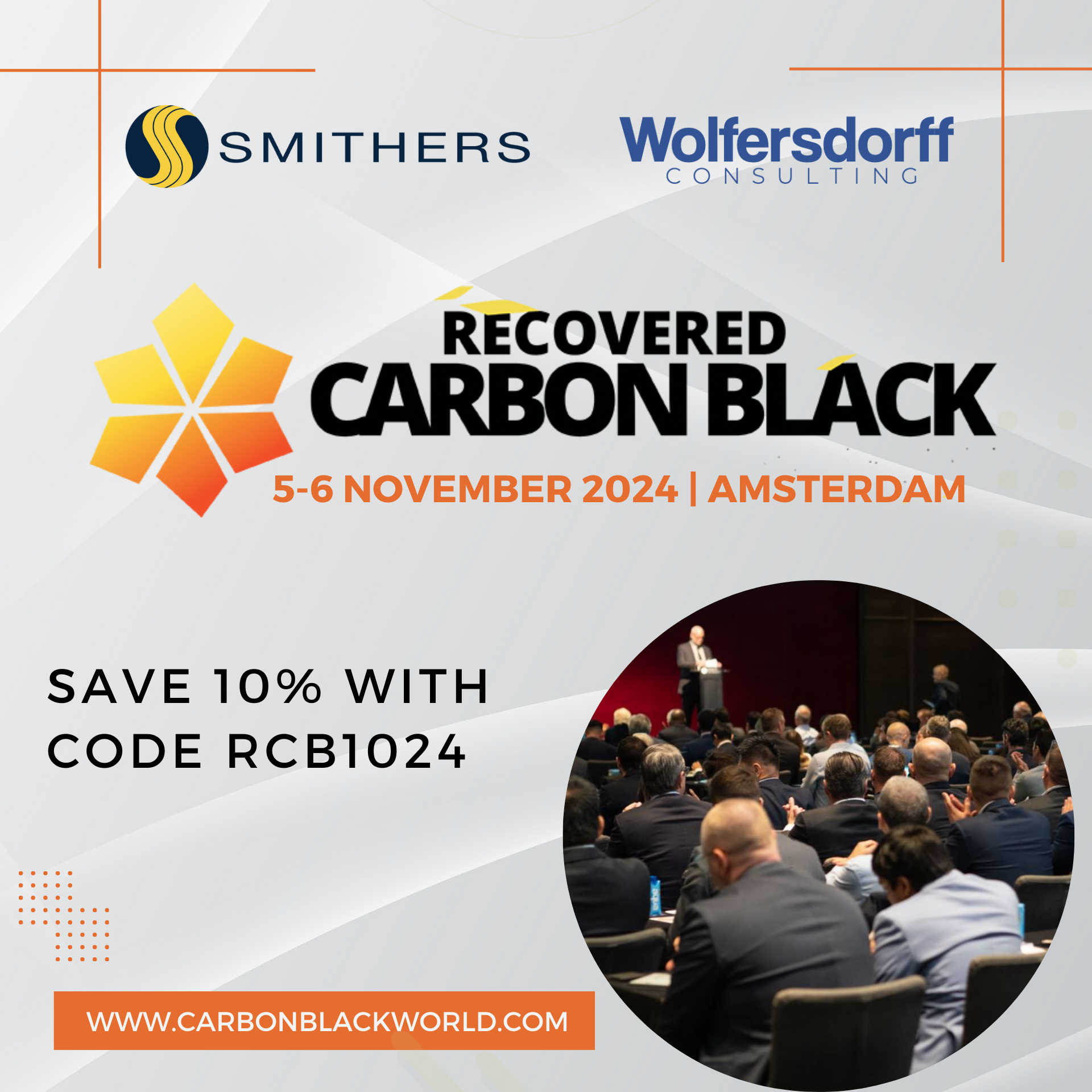Weibold Academy: ELT pyrolysis – a remarkably accurate vision from 1993
Sometimes it makes sense to periodically sift through your personal library (even though that's primarily done electronically these days). When you browse around, some things come to light that are worth not forgetting, such as a conference paper that was published exactly 30 years ago in August 1993. “A multiple-product approach to the processing of used tires” (Michal A. Serio, et al., 1993) is a remarkably accurate vision of chemical recycling of end-of-life tires (ELTs), as it is experiencing a boom in the last few years. The authors presented their well-founded proposals for sustainable recycling of ELTs through pyrolysis at a conference of the American Chemical Society (ACS Division of Fuel Chemistry) in the USA. About 20 years later, namely in 2011, the United Nations Environmental Program (UNEP) within the framework of the Basel Convention (191 signatory states) approved the chemical recycling of ELTs by pyrolysis as Environmental Sound Management (ESM). This classification was subsequently also included in the European regulations. In this exposé of the remarkably visionary work, the original text is quoted and only occasionally an outdated term is replaced by the one used today. Replacements and comments are in Italic. This paper by Michal A. Serio and colleagues could just as well have been written today.
